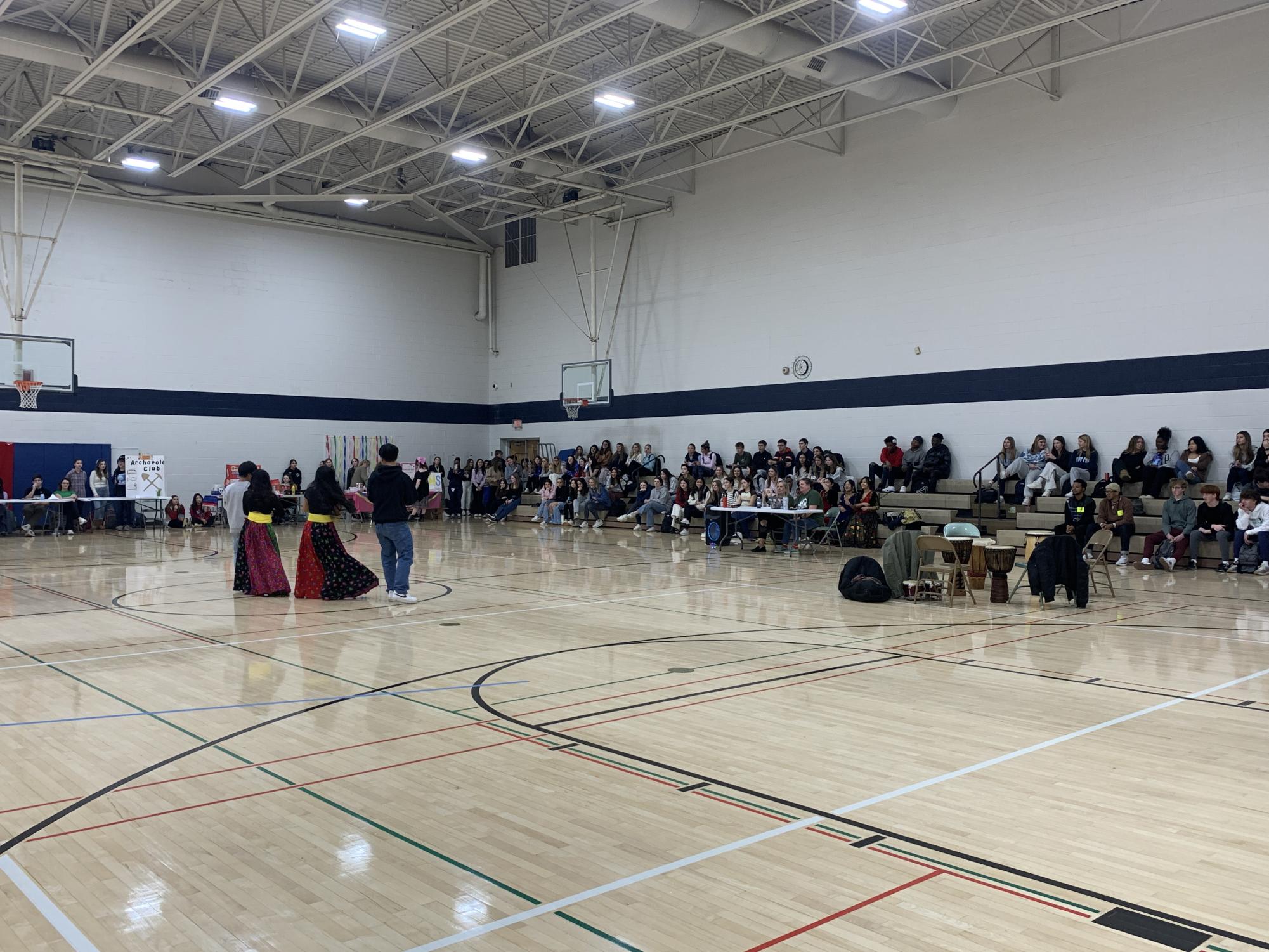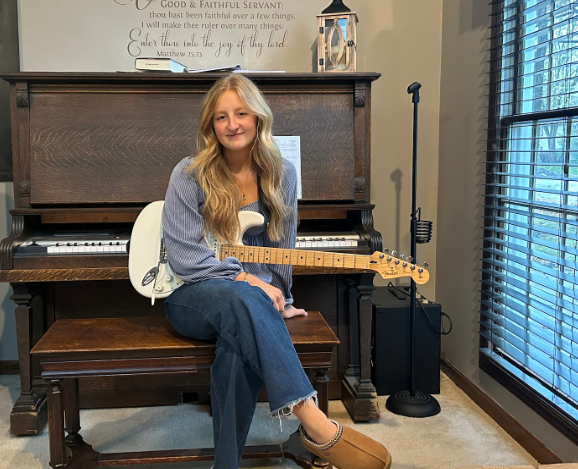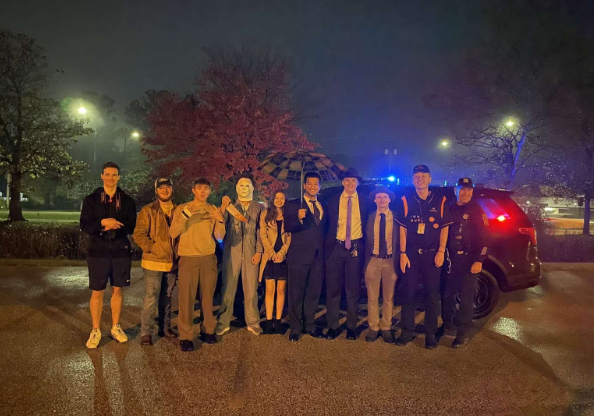Hudson, Ohio: Home to thousands of residents and one of the most highly-ranked public schools in the state. A town where families volunteer every weekend for all kinds of organizations. A town with an incredible marching band that blows the crowd away every time. A town with a college acceptance rate of 90%.
Despite these upsides, living in Hudson comes with several assumptions from the towns around us.
Many residents in and around the Hudson area have most likely heard the term “the Hudson bubble.” Hudson students may have heard the term from the opposing side at a basketball game or brought up in a conversation when asked where they live. Residents from other neighboring towns are so quick to judge; why?
Students were asked in a survey if they had heard of the “Hudson Bubble.” 91% said they had heard the term before. Of that group, 76% considered the term an insult. When asked about the circumstances in which the term is used, many students said it comes up as soon as someone asks where they come from.
Senior Kai Kurokawa said he circumvents the conflict entirely by saying he lives near Cleveland to avoid association with the term. Another senior, Arden Fink, stated she heard the term in class when teachers would assign projects related to world issues.
In the survey, students also shared what the term meant to them. Brooke Harvey shared she felt like the “bubble” can be attributed to the fact that Hudson residents, by and large, are oblivious to the world around them and only know about the world inside the “bubble.”
Many responses were similar to Harvey’s. Even if they hadn’t been directly exposed to the term, many students had heard of it and formed their opinions. A response from Eve Lynne Bruening stated the term has a negative connotation. She believes the term is an accurate display of residents being out of touch due to class and racial division, and how the majority of the student population receives some kind of privilege.
Another student, Abby Camacho, shared how those born inside the “bubble” are more likely to stay due to Hudson’s comfortable environment. Even when going to college, most students stay together at in-state colleges like The Ohio State University or Miami University.
Some felt very strongly about the term. Junior Eva Rackaityte believed the term to be a negative but accurate assessment of the community, and that Hudson should feel ashamed that they are considered a racist and sheltered group of people.
Another student also felt very strongly, saying the term makes it seem like Hudson residents “Wipe with $20 and dress in only designer clothing.” They also thought many people in Hudson looked down on others based on their economic status.
Although many students consider the term an insult, some students believe that, in some respects, it is a compliment and that we should be proud of the reputation we have acquired.
Nathaniel Pierre-Louis, a senior, stated he considered the term a compliment because it reminds him of how blessed we are as a town. He also shared it reminds him to be open-minded, as not everyone can live this way. Matthew Galosi said the term is a compliment because it means our town is deemed a safe place to live.
In 2017, a Hudson alumnus came forward and wrote an article titled “The Dark Side of Hudson High School: Insight From Former Students & Staff.” Many former students came forward to share their experiences at HHS. Many alumni brought up the fact that racism and other forms of harassment occurred during their time at HHS.
After the article was published, Hudson City Schools hired Nyree Wilkerson as the district’s Diversity, Equity and Inclusion (DEI) Coordinator.
The district was very upfront about their plans to tackle the challenges that many students were facing, a struggle they continue to address with fervor.
Hudson City Schools’ superintendent Dana Addis replied that he had heard the term many times before and believes people’s interpretations are up to them, and all are valid.
He addressed both points of view, saying the term can be a compliment due to the district and community’s protection of children and the amount of opportunities the district offers. The term’s interpretation as an insult could be due to how the community could benefit from seeing, understanding and learning about ways of life outside of Hudson.
He believes that the term truly means that Hudson should continue to strive for excellence and keep learning, growing and maximizing contributions to the world.
The truth is that Hudson is going to be stereotyped as out-of-touch no matter what, with a white population of 90.2% and an average household income of $160,280.
While everyone’s experiences differ, and it is not fair to assume that no residents consider life outside of Hudson or that every Hudsonite is a millionaire, acknowledging the privilege of living in Hudson is important.
However, the term “Hudson Bubble” accurately represents that the majority of residents are sheltered from many of the struggles that surrounding towns face.
Major financial and food insecurity, gun violence and drug usage are just some of what other towns in Ohio have to go through daily. Citizens of Hudson rarely see these, if at all.
On the other hand, it generalizes 22,917 individuals and suppresses discussion of the struggles—financial, personal or otherwise—that Hudson residents face.
Hudson’s past is not unique, as harassment, bullying and racism can indeed occur anywhere, even in the face of anti-harassment policies. Equally true is that Hudson’s issues with classism, lack of diversity and incidents of racism and bullying should not be ignored.
It is human nature to invent stereotypes, so rather than resenting the concept of the “bubble,” Hudson should continue on its mission to amend the faults that led to its creation in the first place.















